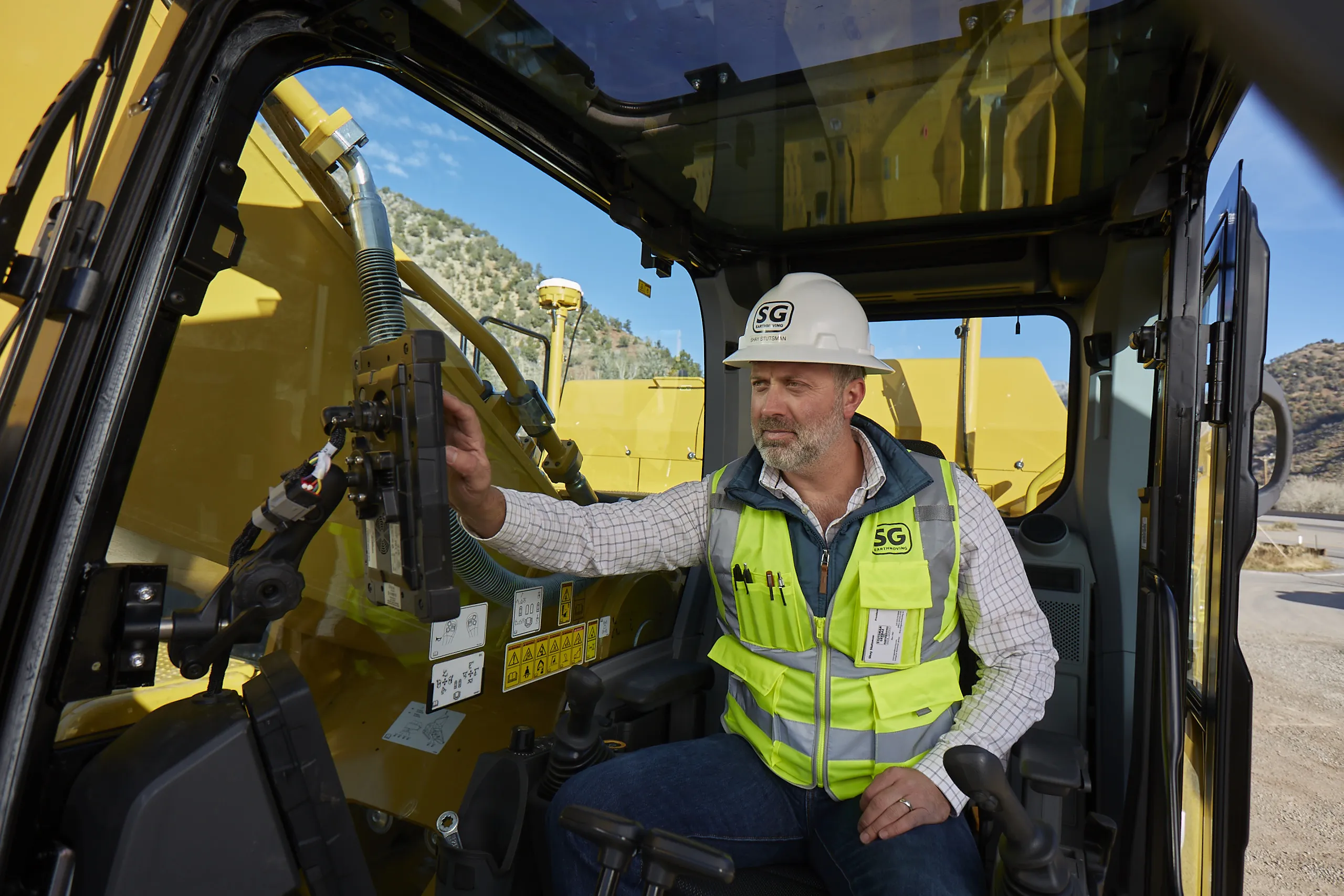
The firm’s self-erecting tower cranes (GMA cranes) and top-slewing cranes (GME cranes) are now being operated separately when it comes to production and product management. The company claims that this reorganisation allows for increased customer focus, market intelligence, operations efficiency and crane production.
Being run independently in terms of production and product management, the new structure has the sole objective of better serving
Two years ago, Manitowoc split its tower and mobile businesses to increase customer focus and enhance the capabilities of both businesses. Since then, the crane manufacturer has identified similar potential in managing its tower business differently, as Orlando Mota, sales vice president for tower cranes in Europe and Africa, explained: “GMA and GME are two different products that serve different types of applications,” he said. “They require different market approaches and ultimately follow two different roadmaps. In addition to giving independent visions to GME and GMA, we have recognised the need to create operations strategies that individually cater to GMA and GME. Allowing our factories to focus on a specific product will make them more effective, particularly regarding production capacity and delivery times.”
The new tower cranes organisation is based on five fundamental pillars: GME, GMA, Sales & Aftermarket, Engineering, and Finance & Administration. Manitowoc’s regional sales and Crane Care teams remain unchanged.
GME pillar is headed by Christophe Simoncelli, VP GME Tower Cranes, who is leading the two GME factories in Moulins and Porto, and is responsible for GME product management. GMA pillar is managed by Giorgio Angelino, VP GMA Tower Cranes, who is leading the GMA factories of Charlieu and Niella Tanaro and is responsible for GMA product management.
Sales & Aftermarket activities are headed by Orlando Mota, VP Sales & Aftermarket. His new role involves taking on the Aftermarket division, which is grouped by High Service Support, Parts, Logistics, and Used Cranes & EnCORE programs, in addition to all marketing communications activities.
Engineering for all tower crane ranges is headed up by Bruno Roni-Damond, VP Engineering, who is working closely with Simoncelli and Angelino to provide superior engineering support.
Finally, Finance & Administration is managed by Jean-Noel Gros, VP Finance, who has taken over all Administrative Services including finances and Human Resources responsibilities.
Each of these executives is reporting to Aaron Ravenscroft, who holds the position of Tower Senior Vice President for Europe and Africa within his role of executive vice president of Manitowoc.








